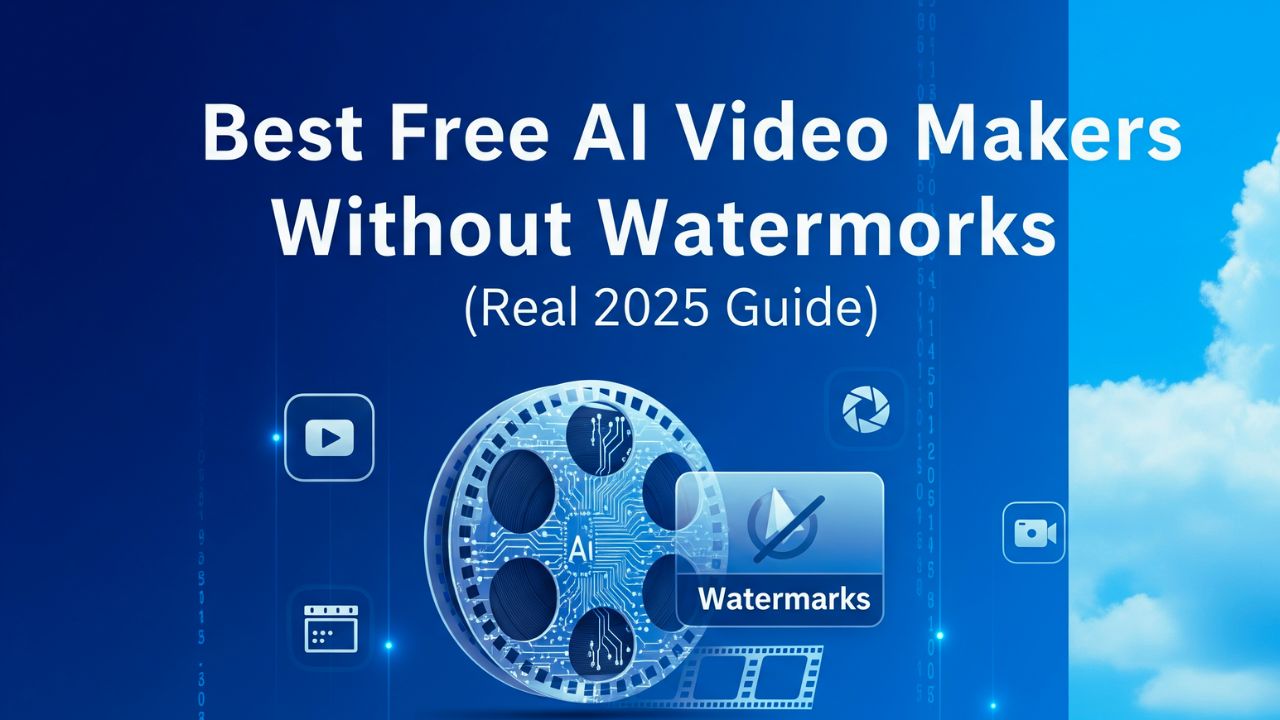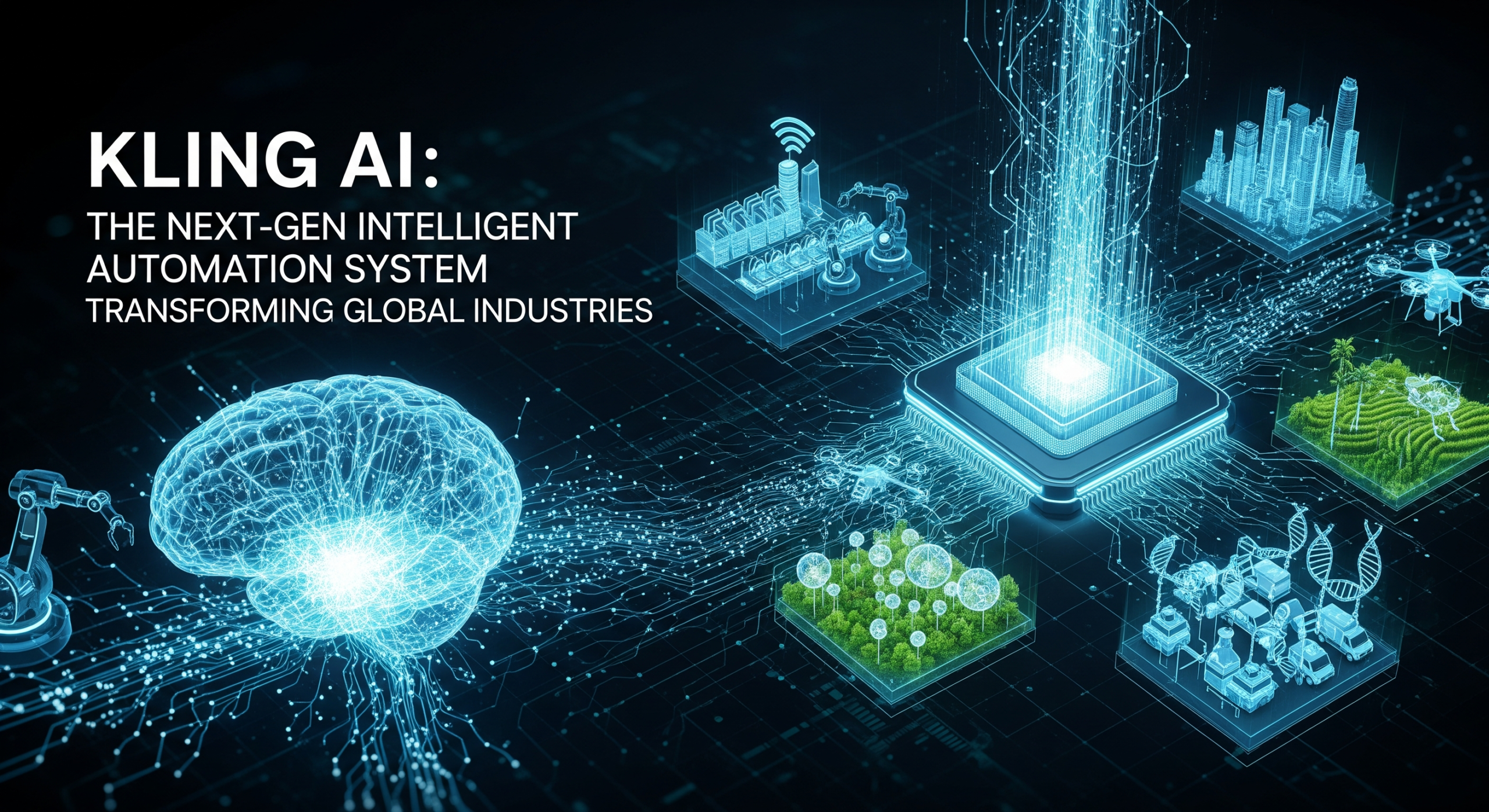Best AI online course: Artificial Intelligence (AI) is no longer a futuristic concept—it’s the foundation of modern innovation. From voice assistants and recommendation systems to self-driving cars and generative models like ChatGPT, AI is shaping the world around us. As industries embrace automation and intelligent technologies, AI skills have become some of the most in-demand abilities for both technical and non-technical professionals.
But where should you start learning AI? With thousands of online courses available, choosing the best AI course can feel overwhelming. Whether you’re a complete beginner or a seasoned professional looking to upskill, this guide will help you discover the best online AI courses in 2025, along with what to look for, course comparisons, and expert tips.
🌍 Why Learning AI Is a Must in 2025
Before diving into the best courses, let’s understand why AI education is so valuable today:
- Explosive Industry Growth: The global AI market is expected to surpass $300 billion by 2026.
- Career Opportunities: AI engineers, machine learning specialists, and data scientists are among the highest-paying tech roles worldwide.
- Cross-Industry Relevance: AI is transforming healthcare, finance, manufacturing, gaming, and even creative fields.
- Innovation Power: Understanding AI helps you automate tasks, analyze data smarter, and even create AI-driven applications.
In short, learning AI is not just about staying relevant—it’s about staying ahead.
🎯 What Makes a Good AI Course?
Not all AI courses are created equal. A great online course should be comprehensive, practical, and credible. Before choosing one, evaluate the following key factors:
1. Level and Prerequisites
Some courses are designed for absolute beginners, while others require knowledge of Python or mathematics (linear algebra, probability).
- Beginner Tip: Choose courses labeled as “no programming required” or “AI for everyone.”
- Intermediate/Advanced Learners: Look for courses with hands-on model-building in TensorFlow, PyTorch, or Scikit-learn.
2. Practical Projects
AI is best learned by doing. Choose a course that includes:
- Mini-projects or case studies
- Real-world data sets
- Model building and deployment exercises
Hands-on practice helps you build a portfolio, which is valuable for employers.
3. Balanced Theory and Application
An ideal AI course explains both the “why” and the “how.”
- Why: Understand how AI algorithms like neural networks or decision trees work.
- How: Learn to implement them using real tools and platforms.
4. Recognised Certification
Courses from universities or reputable tech companies add credibility.
Popular platforms include Coursera, edX, DeepLearning.AI, Google, and IBM.
5. Flexibility and Support
Look for:
- Self-paced modules
- Community discussion forums
- Lifetime access to resources
This ensures you can learn at your own speed and revisit lessons when needed.
Read Also: From Sketch to Masterpiece: How AI Turns Simple Drawings into Stunning Artworks
🏆 Top 3 Best Online AI Courses to Learn Artificial Intelligence
Here are three of the best and most recommended AI courses in 2025, suitable for different learning levels.
1. DeepLearning.AI – “AI For Everyone” (Coursera)
Instructor: Andrew Ng, Co-founder of Coursera and AI pioneer
Platform: Coursera
Duration: Approx. 6 hours
Level: Beginner (No coding required)
Overview:
This course is perfect for anyone who wants to understand how AI works—without diving into code. It explains AI concepts, business applications, limitations, and real-world strategies.
Key Learnings:
- What AI can and cannot do
- How to create AI-powered business strategies
- Understanding machine learning workflows
- How AI affects jobs and industries
Why It Stands Out:
- Created by Andrew Ng, one of the world’s most respected AI educators
- Perfect introduction for non-technical professionals
- High-quality explanations with real-life case studies
Who Should Take It:
Business leaders, marketers, and managers who want to understand AI’s impact on their work.
Certification:
Yes – Coursera verified certificate from DeepLearning.AI
Website: deeplearning.ai
2. Google – “Google AI Essentials”
Platform: Grow with Google
Duration: 10 hours (self-paced)
Level: Beginner
Overview:
This new course by Google introduces learners to practical AI usage. It focuses on how to use AI tools effectively and responsibly in everyday tasks.
Key Learnings:
- How AI tools like ChatGPT and Gemini work
- Basics of prompt engineering
- Ethics and responsible AI usage
- Real-world applications for productivity and creativity
Why It Stands Out:
- Designed by Google experts
- Great for beginners, entrepreneurs, or students exploring AI tools
- Teaches modern generative AI concepts in simple language
Who Should Take It:
Beginners who want a quick, practical introduction to AI’s real-world use.
Certification:
Yes – Official Google career certificate upon completion.
3. Stanford University – “Machine Learning Specialization” (Coursera)
Instructor: Andrew Ng
Platform: Coursera
Duration: 2–3 months (self-paced)
Level: Intermediate to Advanced
Overview:
If you want to dive deep into building AI models, this course is a gold standard. It covers the full machine learning pipeline—from supervised and unsupervised learning to advanced deep learning concepts.
Key Learnings:
- Python implementation of machine learning algorithms
- Neural networks and deep learning basics
- Model evaluation and performance optimization
- Building scalable AI systems
Why It Stands Out:
- Offered by Stanford University
- Most popular AI course globally with millions of learners
- Includes coding assignments and quizzes
Who Should Take It:
Students, engineers, or professionals aiming to become AI developers or data scientists.
Certification:
Yes – Stanford University certificate via Coursera.
🧩 Comparison Table: Best AI Courses in 2025
| Course | Level | Duration | Key Features | Certification |
| AI For Everyone (DeepLearning.AI) | Beginner | 6 hours | Conceptual understanding, strategy, non-coding | ✅ |
| Google AI Essentials | Beginner | 10 hours | Generative AI, prompt use, ethical AI | ✅ |
| Stanford Machine Learning | Intermediate–Advanced | 2–3 months | Python coding, real projects, deep learning | ✅ |
🧠 Bonus: Other Great AI Courses Worth Exploring
While the above three are the top picks, here are a few more trusted platforms offering great AI learning paths:
1. IBM AI Engineering Professional Certificate (Coursera)
- 6-course specialization covering ML, DL, and NLP.
- Ideal for engineers and developers.
2. Harvard’s CS50’s Introduction to Artificial Intelligence (edX)
- Academic and hands-on.
- Focuses on algorithms and logical problem-solving.
3. Udemy – Artificial Intelligence A-Z: Learn How To Build an AI
- Beginner to intermediate friendly.
- Practical exercises using Python and OpenAI libraries.
Read Also: Sustainable Creativity: How Generative AI Can Help Reduce Production Waste
💡 How to Choose the Right Course for You
Here’s a quick checklist to help you decide:
| If you are… | Then choose… |
| A complete beginner | Google AI Essentials or AI For Everyone |
| A business leader | AI For Everyone |
| A student wanting technical skills | Stanford ML Specialization |
| A working professional upgrading skills | IBM AI Engineering Certificate |
| A researcher or engineer | Harvard’s AI or Deep Learning Specializations |
🧪 Real-World Applications You’ll Learn from These Courses
Once you complete an AI course, you’ll be able to apply your knowledge to real-world problems such as:
- Predictive analytics for finance and marketing
- Image recognition for healthcare and security
- Natural language processing for chatbots and assistants
- Recommendation systems for e-commerce
- Automation and robotics for manufacturing
You’ll not just understand what AI does—you’ll know how to build and use it responsibly.
❓ Frequently Asked Questions (FAQs)
1. Do I need to learn coding before studying AI?
Not necessarily. Courses like AI For Everyone and Google AI Essentials teach conceptual understanding without programming. But for building AI models, Python is a must-learn language.
2. How long does it take to learn AI?
Basic conceptual understanding: 1–2 weeks.
Building and deploying AI systems: 3–6 months depending on your learning pace.
3. Are AI certifications worth it?
Yes! Certifications from reputed platforms (Google, Stanford, IBM) boost your resume and demonstrate verified skill development to employers.
4. What tools will I learn in AI courses?
You’ll typically learn Python, TensorFlow, Keras, PyTorch, and Scikit-learn, along with libraries for NLP and computer vision.
5. Can I get a job after completing an online AI course?
If you build a portfolio of projects (such as AI models or data analyses), yes. Combine certifications with real-world practice to stand out to employers.
Conclusion
Artificial Intelligence is redefining the way we work, create, and innovate. Whether you’re an entrepreneur, student, or working professional, learning AI can open countless doors in technology and beyond.
If you’re just starting out, try Google AI Essentials or AI For Everyone to understand the fundamentals.
If you’re ready to dive deeper into coding and model development, Stanford’s Machine Learning Specialization is the perfect choice.
Whichever path you choose, consistency and practice are key. AI isn’t learned overnight—it’s mastered by curiosity, experimentation, and continuous learning.







